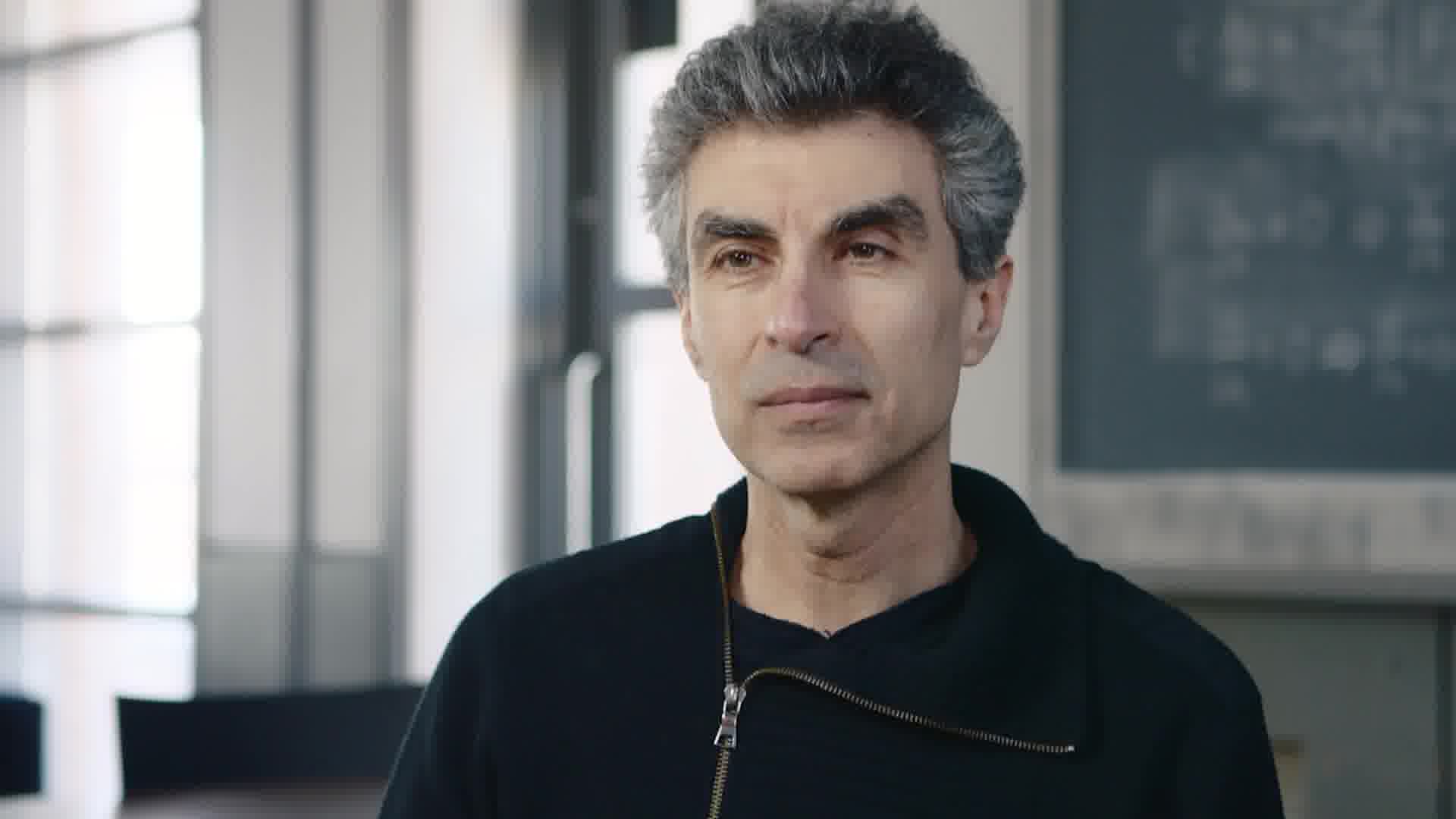Thinking about Thinking and metacognition seem to be a educational focus at the moment. What with the EEF paper and flurry or articles in the Chartered College of Teaching periodical – Impact. Couple that with the novice/expert learner conversation, it got me thinking. What does expert thinking look like? It is rare to find examples of clever people talking coherently about the process of effective thinking in the wild.
Who better to explain the complex process of thinking than a very smart computer scientist, most noted for his work on artificial neural networks and deep learning. Yoshua Bengio is working on the development of intelligent machines or machine learning, here mid-way through this interview, Yoshua talks about “productive thought,” separating his personal “early morning,” “dangling-thread” and “walking to work,” thinking from the group thinking or “brainstorming mode.” I am going to focus on the former.
There is a sense that, after knowledge, two components are required; concentration and dexterity.
Once you have the knowledge or information, after you have filled your mind with a problem…
“… is when you can really start seeing through things and getting things to stand together and solving…now you can extend science, now when things are solid in your mind you can move forward.”
Once armed –
There is also something to be said about concentration…to really make big progress in science you also need times when I can be very focused and where the ideas about a problem, and different points of view, and all the elements sort of fill my mind. I’m completely filled with this…that’s when I can be really productive and it might take a really long time before you reach that state…
It is hardly surprising that those post sleep, waking moments, offer the clarity required to think productively. If if that thinking is unsecured. Hence Yoshua is conscious that he writes / records his thinking and that act of writing, that act of communication, “cleans it up” and the idea takes on a different form.
Then there is the dexterity of thought and the realisation that
…thinking isn’t just rational… a lot of the thinking is something that happens somehow – behind the scenes. It has to do with intuition that has to do with analogies.
The final reflection is that whilst we promote those cataclysmic, eureka moments, we would be better off recognising the hard, patient and deliberate work that edges us closer to the breakthroughs.



Pingback: Insights – memorable teaching – Edventures